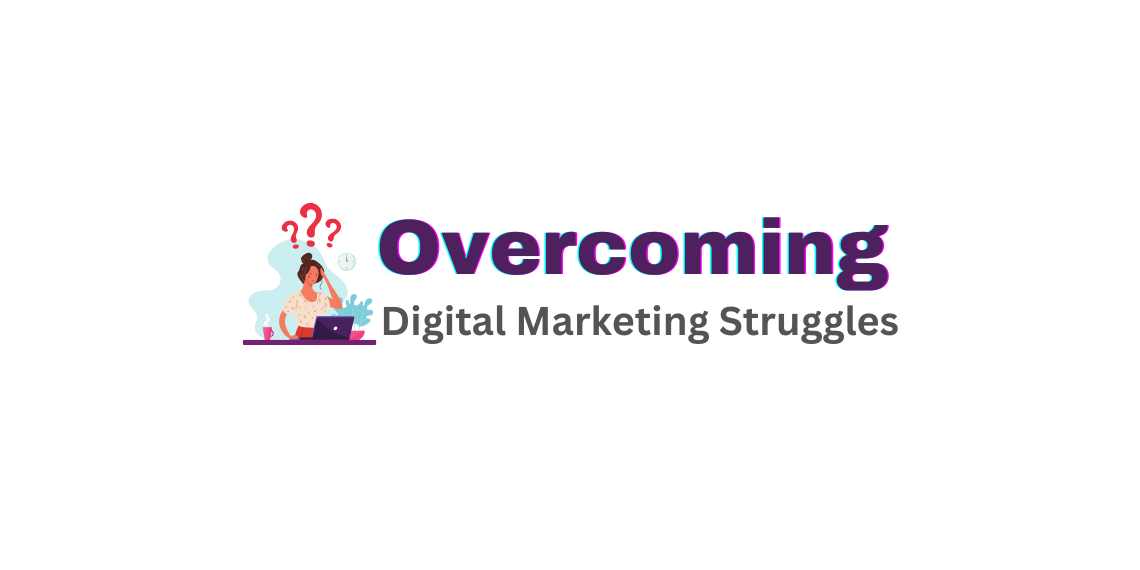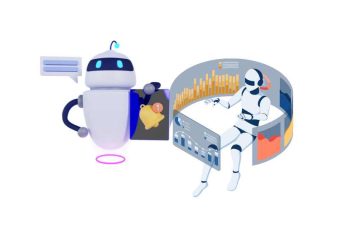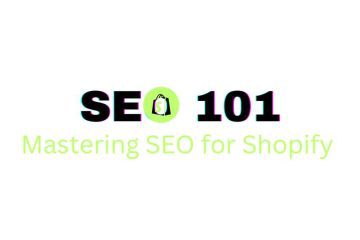1. Introduction
Digital marketing is a constantly changing landscape, with new tools, techniques, and platforms emerging every day. As digital marketers, it’s crucial to stay up-to-date and adapt to these changes to remain competitive and effective. However, this constant flux can also bring about uncertainty and anxiety. In this blog, we’ll explore some of the most common challenges faced by digital marketers today, and how to overcome digital marketing struggles.
2. From Universal Analytics to GA4: Embracing Change
The sunset of Universal Analytics
Google’s announcement of the sunset of Universal Analytics has caused concern among digital marketers who rely on this tool for insights and data analysis. The transition to Google Analytics 4 (GA4) can be daunting, but it’s also an opportunity to benefit from improved features and reporting capabilities.
The power of Custom Reports in GA4
GA4 offers Custom Reports, which provide more flexibility and granularity in data analysis. By learning how to use Custom Reports effectively, digital marketers can continue to gain valuable insights to drive informed decision-making. Check out the provided link (https://lnkd.in/ewMtCF_M) to learn more about creating Custom Reports in GA4.
3. Navigating the iOS ‘Ask Not to Track’ Feature
Impact on digital marketing strategies
Apple’s iOS ‘Ask Not to Track’ feature has raised concerns about the future of personalized advertising and tracking user behavior. As more users opt out of tracking, it becomes challenging for digital marketers to target and measure ad performance accurately.
The role of Aggregated Event Measurement
To address this issue, Facebook introduced Aggregated Event Measurement (AEM). AEM allows advertisers to continue measuring campaign performance while respecting users’ privacy preferences. By understanding and implementing AEM, digital marketers can adapt to this new reality and maintain effective targeting and measurement strategies.
4. Adapting to the End of Third-Party Cookies
The shift towards privacy-conscious browsing
The blocking of third-party cookies by major browsers has stirred anxiety among digital marketers, as these cookies play a significant role in targeted advertising and user tracking. However, it’s essential to view this as an opportunity to adapt and innovate.
Leveraging server-side tracking
One viable alternative to third-party cookies is server-side tracking. By implementing server-side tracking, digital marketers can still collect valuable user data while respecting user privacy. This approach helps maintain a balance between effective marketing and privacy concerns.
5. ChatGPT: Friend or Foe to Digital Marketers?
Understanding the potential impact on jobs
The rise of AI-powered tools like ChatGPT has sparked fears of job displacement among digital marketers. While AI can automate certain tasks, it’s important to recognize that it doesn’t necessarily spell doom for digital marketing professionals.
How ChatGPT complements digital marketing efforts
Rather than replacing human marketers, ChatGPT can complement their work by automating repetitive tasks and providing valuable insights. By embracing AI as a tool to enhance their skills, digital marketers can stay ahead of the curve and add value to their organizations.
6. Performance Max: Balancing Automation and Brand Integrity
Concerns about Performance Max and branded keywords
Google’s Performance Max campaigns have raised concerns about the platform potentially taking advantage of branded keywords, which can lead to higher costs and decreased control over ad placements
Excluding branded keywords for better control
To address this concern, digital marketers have the option to exclude branded keywords from their Performance Max campaigns. By doing so, they can maintain control over their brand presence and avoid potential conflicts with their own organic search efforts. This approach allows marketers to leverage the automation benefits of Performance Max while protecting their brand integrity.
7. Broad Targeting and AI: A Match Made in Digital Marketing Heaven
The removal of Detailed Targeting options
Facebook’s removal of certain Detailed Targeting options has caused unease among digital marketers who rely on these granular targeting capabilities. However, this change also presents an opportunity to embrace AI-driven broad targeting strategies.
Embracing AI-powered broad targeting
By allowing AI algorithms to handle the targeting process, digital marketers can achieve greater efficiency and scale in their campaigns. AI-powered broad targeting can analyze vast amounts of data and identify the most relevant audience segments, often leading to better overall campaign performance. By trusting AI to do its magic, digital marketers can focus on crafting engaging ad creatives and optimizing campaign strategies.
8. Conclusion
The key to overcoming digital marketing struggles lies in embracing change and remaining adaptable. By staying informed about industry developments and continually learning new tools and techniques, digital marketers can turn panic into relief and thrive in the evolving landscape.
Lastly, remember that you are not alone in navigating these challenges. The digital marketing community is a powerful resource for knowledge sharing, collaboration, and support. By leaning on each other and working together, we can overcome today’s struggles and emerge stronger in the face of future challenges.

Hello, I’m Ali Raza, the brain behind Digital Realm Trends.
Hailing from the vibrant world of digital marketing, I’ve honed my skills over years. Based on my experience, I’m here to unravel the complexities of digital marketing, analytics and paid marketing, crafted for individuals like you. Join me in uncovering the power of digital marketing tools and strategies, fueled by experimentation and insights.




